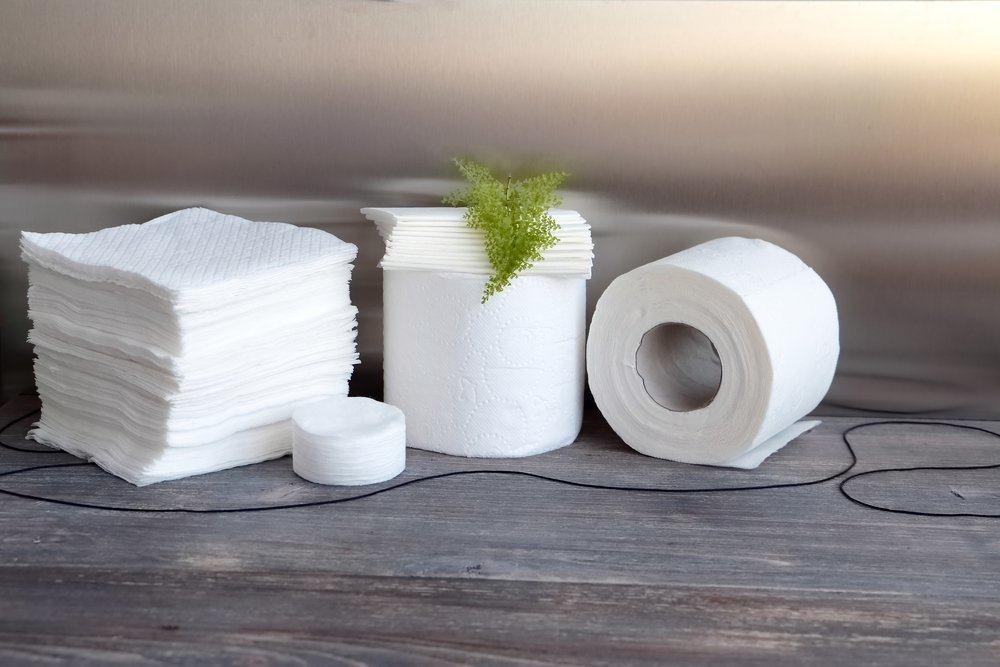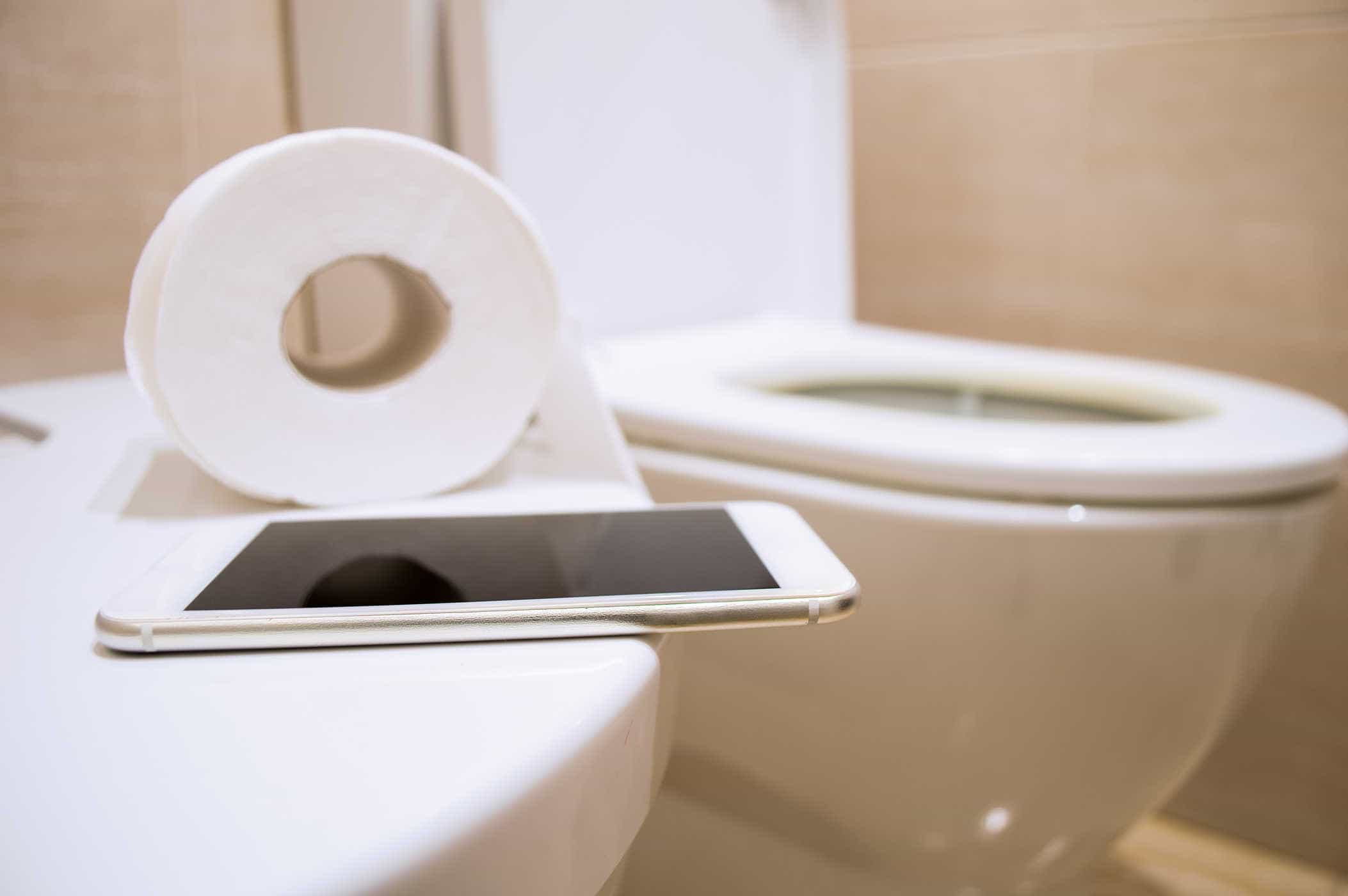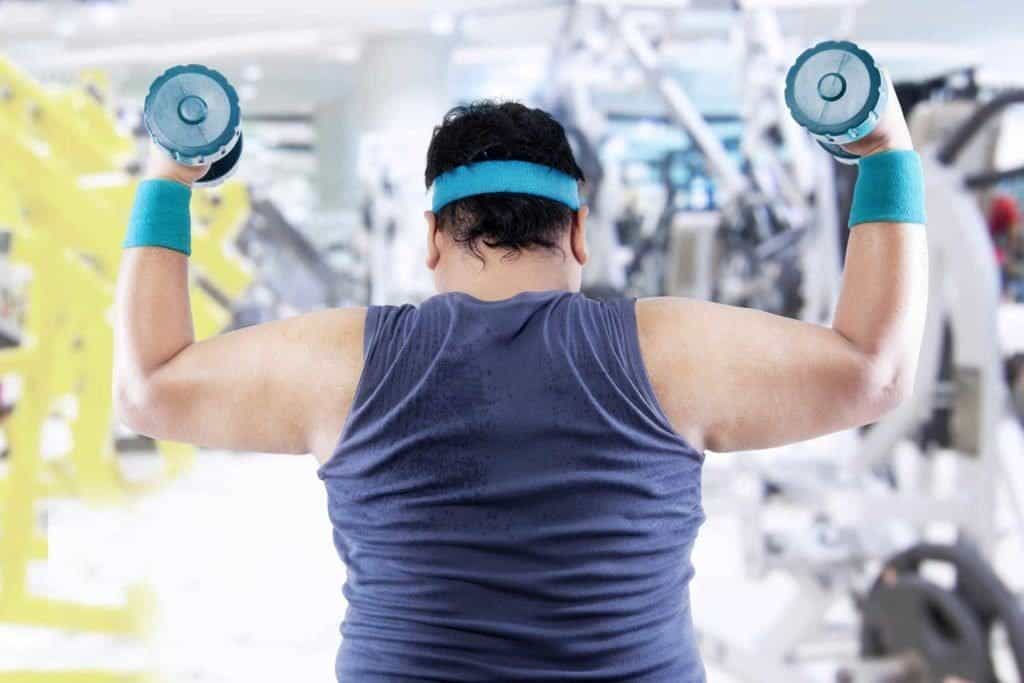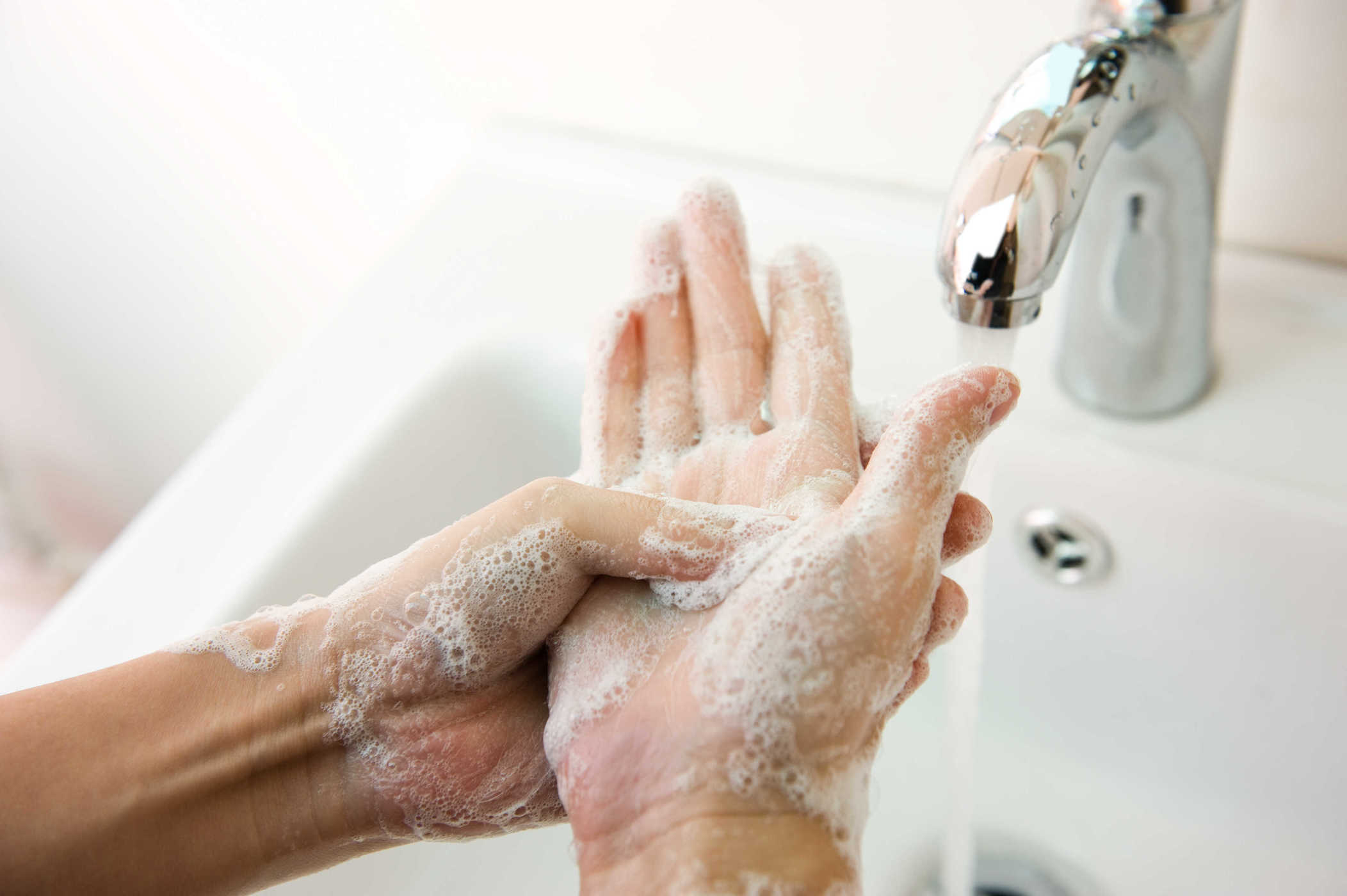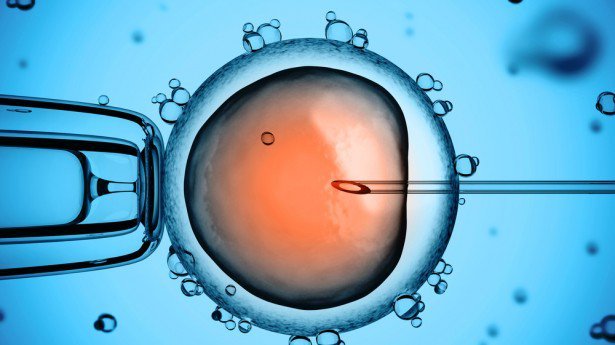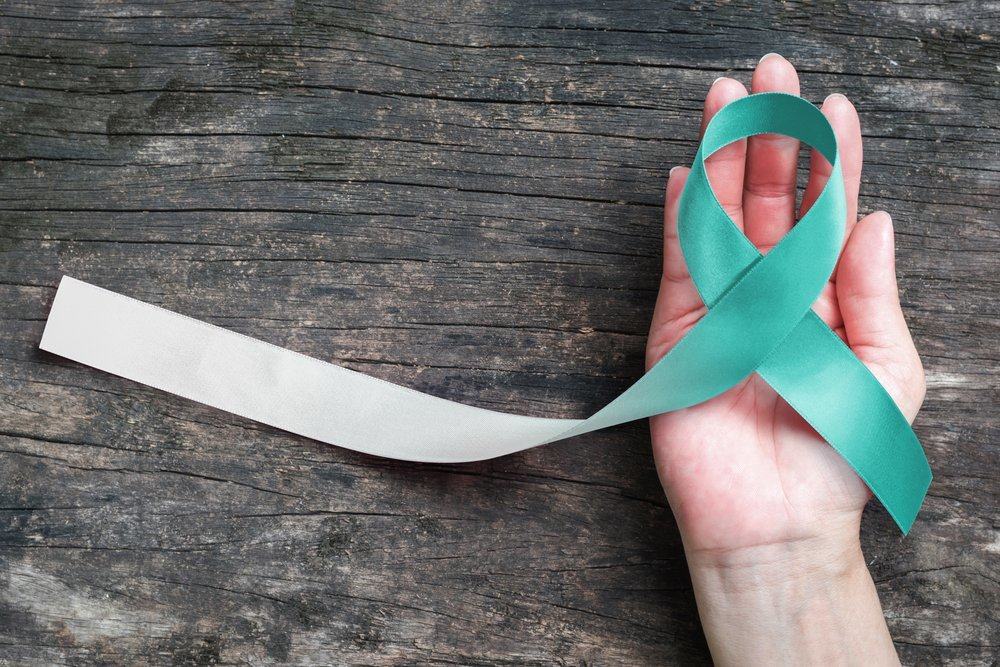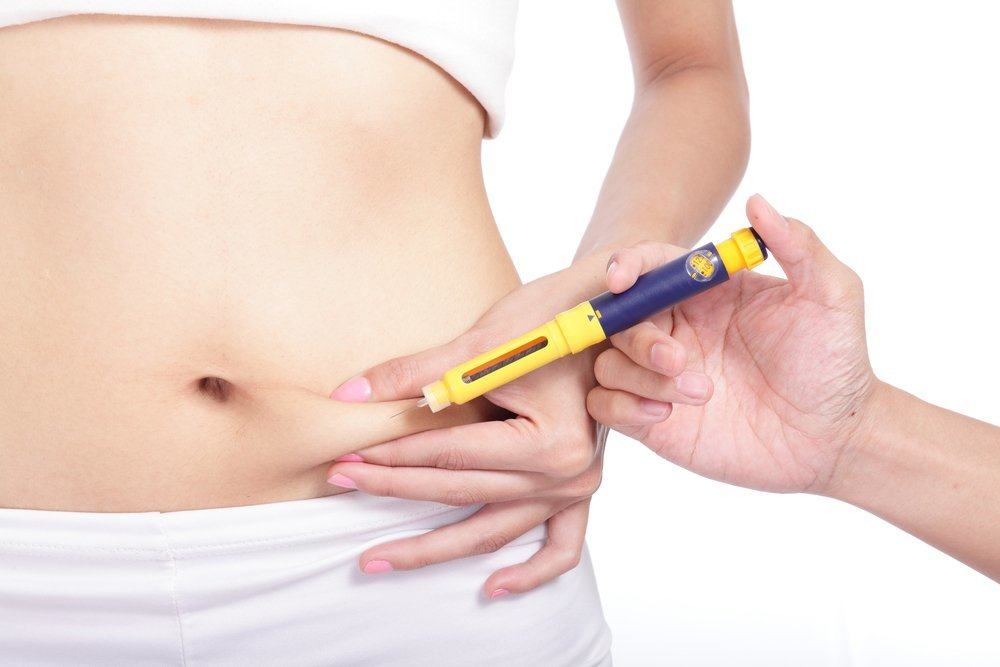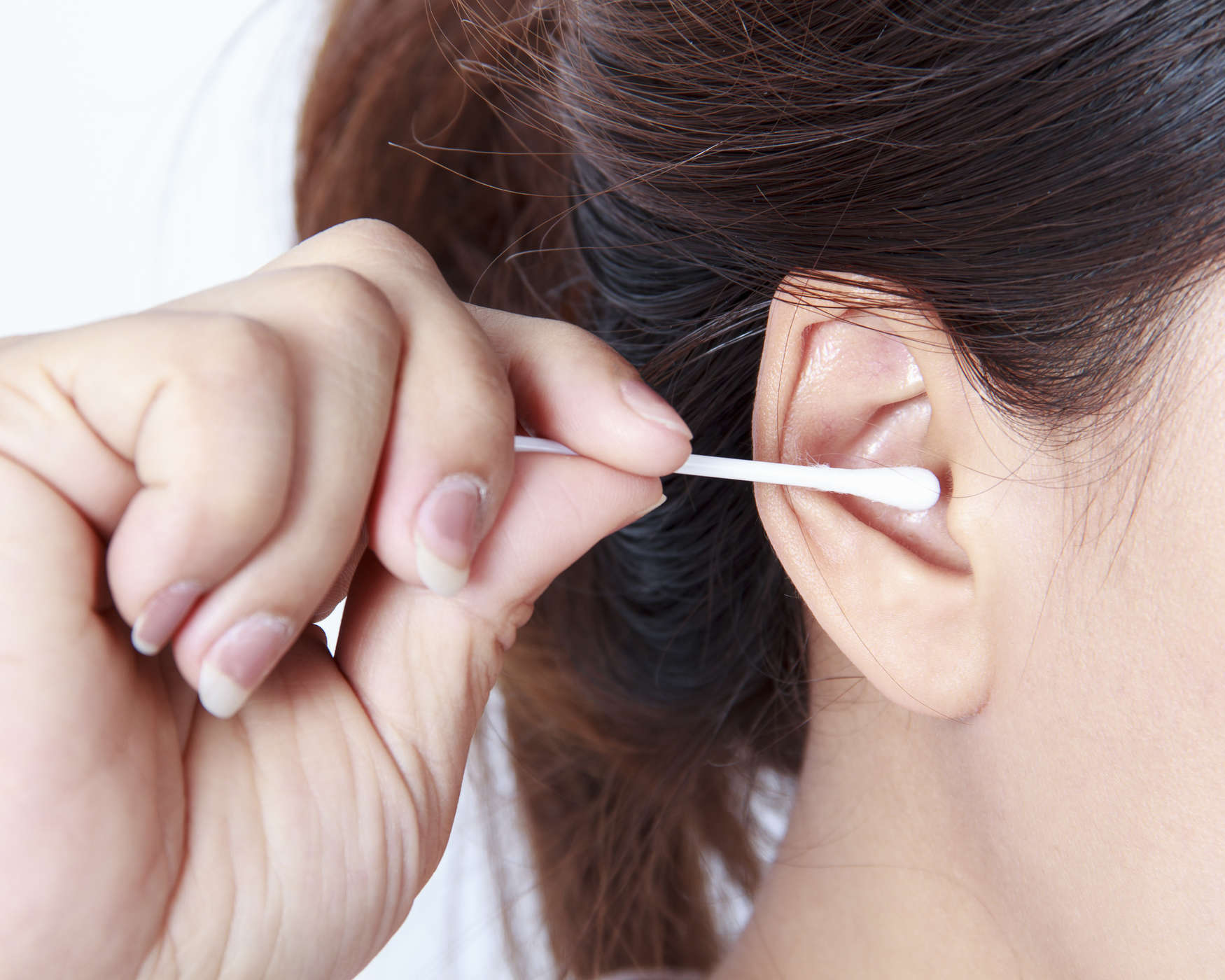Contents:
- Medical Video: WE DON'T USE TOILET PAPER (Zero Waste Family Of 4)
- Chemicals contained in tissue
- Chlorine bleach
- Heavy metal
- Bisphenol-A (BPA)
- Impact of tissue waste on the environment
- Choose tissue that is safe and environmentally friendly
Medical Video: WE DON'T USE TOILET PAPER (Zero Waste Family Of 4)
As a wise consumer, you certainly want to choose the best products that are safe for your family in the short and long term. Maybe one of the products that you buy frequently and must be available at home is tissue. Tissue has indeed become a daily necessity that is inherent in every family. However, are you sure that these daily-used tissues do not endanger health or the environment? Many tissues on the market today contain a variety of hazardous chemicals that are not only risky to health, but also cannot be decomposed or recycled after they become waste. So, please check below immediately whether the tissue you choose has guaranteed quality.
Chemicals contained in tissue
There are various types of tissues available on the market today. Before buying, pay attention to the tissue material listed on the packaging. Most manufacturers will state that the tissue is made from 100% natural fiber. This means that the product is made from new fiber or wood pulp, not recycled. The following are dangerous chemicals that may be contained in tissue products, whether it's facial tissue, eating tissue, or toilet paper that you normally buy.
Chlorine bleach
Many tissues sold contain bleach from the chemicals of chlorine and their derivatives. The process of coloring this tissue will release dioxins and furans. Both are substances that are carcinogenic (cause cancer) and mutagenic (causing DNA mutations). According to the World Health Organization (WHO), dioxin is a toxic substance that is harmful to health. If humans are contaminated with this substance, in the short term you are at risk of experiencing skin lesions and impaired liver function. While in the long run, dioxins can cause disorders of the immune system, reproductive system, endocrine system, and nervous system.
The experts from WHO stated that the content of dioxin in tissue is usually only a little so the possibility to trigger various health problems mentioned above is small. This statement is also supported by Dr. Yenny Meliana from the Chemical Research Center of the Indonesian Institute of Sciences (LIPI). According to Dr. Yenny Meliana, the Department of Health always monitors and tests free-selling tissues on the market. So if the tissue you buy does contain dioxin, the levels are still relatively safe for health.
Heavy metal
Be careful if you buy tissue made from used recycled paper or cardboard materials. Used materials used to process tissues usually contain various types of heavy metals such as lead, mercury, cadmium and arsenic. Contaminated by heavy metals is at risk of causing damage to the brain and nervous system of humans. The problem is that you don't only find heavy metals on tissue paper. Foods that you consume daily such as fish and meat are also potentially polluted by heavy metals. In fact, too much exposure to heavy metals can also have side effects on health in the form of reproductive problems, especially in women and digestive problems.
Bisphenol-A (BPA)
In recycled tissue types, often found bisphenol-A (BPA) content which has the potential to cause various health problems. BPA is found on certain types of paper used when printing cinema bills or tickets. The ink used to print newspapers or magazines also contains BPA. If the ingredients are reprocessed to produce tissue, the chemical will still stick to the product you bought.
Without realizing it, BPA can cause various problems in the metabolic system. In people whose urine shows high BPA levels, there are also diseases related to body metabolism such as heart disease and diabetes. In addition, BPA is also believed to cause brain and nerve function disorders that lead to behavioral abnormalities in children.
Impact of tissue waste on the environment
The chemicals mentioned above will not break or break down after you use and dispose of the tissue. In many cases, tissues with high toxicity will be disposed of as waste and pollute the environment. Because the handling of waste throughout the world is not truly guaranteed, toxic waste still often pollutes rivers, seas and land.
As a result, animals that live in environments that have been contaminated with these chemicals will also become contaminated even to death. Without your knowledge, maybe fish, shrimp, beef, or vegetable crops that you consume daily also contain toxins from waste. This risks increasing the content of poisons and harmful chemicals in your body.
In addition, tissues that contain too many additional chemicals are also more difficult to decompose. As a result, even more waste accumulates and spreads everywhere. This will accelerate the process of global warming because of the unbalanced condition of the ecosystem.
Choose tissue that is safe and environmentally friendly
Therefore, be careful in choosing tissues that are safe for your family. Even though it looks environmentally friendly, recycled tissues endanger health and the environment. The price does tend to be cheaper, but the risk posed is not commensurate with your children and grandchildren in the future. Avoid buying tissue that has not obtained marketing authorization from the Ministry of Health (MOH). Usually the distribution permit number from the Indonesian Ministry of Health is listed on the packaging. Generally the tissue that already has marketing authorization is tissue made from 100% natural fiber that is free of BPA, heavy metal, or chlorine. There are also those who use a mixture of lower quality fibers, usually containing only 50% natural fiber. So, always pay attention to the information printed on the packaging.
To reduce waste, choose tissue with packaging that is not excessive. As much as possible, buy a large amount of tissue in one package so you don't waste too much of the packaging. Also reduce the use of daily tissue. After washing hands, dry hands with a dry towel or hand dryer if available.
READ ALSO:
- 12 chemicals that must be avoided in baby products
- 10 Festive Cheap Ways to Save Energy
- Aluminum content in deodorant, is it dangerous?

